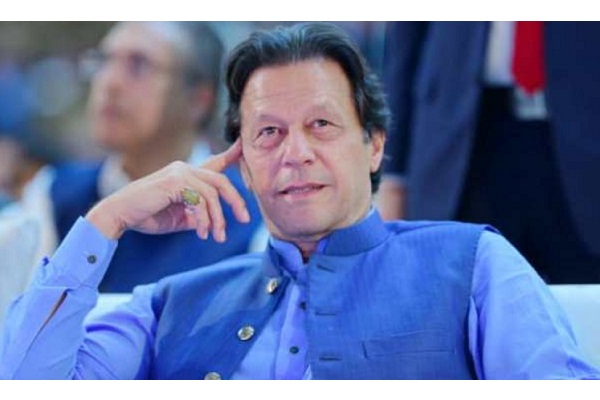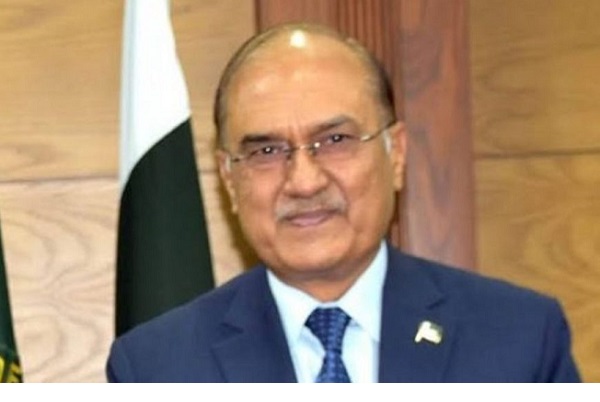ISLAMABAD: Former defence secretary Lt-Gen (r) Naeem Lodhi has proposed an end to incendiary discourse against institutions,
ISLAMABAD: “Turbulent, unstable politics will add to the risks facing Pakistan,” The Washington-based Institute of International Finance (IIF) has said. Fraught elections characterised by the suspension of cellular service during the elections, a large delay in releasing results, mass protests, a deadly bombing, and failure to allocate reserved seats to PTI-backed independents have exasperated tensions within the country.
“It is clear that Imran Khan is the most popular politician in Pakistan. This puts him at odds with the powerful military,” it said.
The report anticipated the tensions between the two sides to continue escalating, most likely leading to another round of heavy military crackdown on PTI-backed politicians and supporters. Added to this is the weak nature of the coalition government.
“The PPP seems reluctant to sign on to politically costly reforms. Without their support, it is hard to see a way forward for the PML-N, which could hinder or prolong negotiations with the IMF,” the IIF said.
It said the historical precedence did not bode well for either the government or a new IMF programme. “To date, no prime minister [in Pakistan] has ever finished their five-year term, while Pakistan is currently in its 23rd IMF programme since 1958. A horrible track record that shows no signs of being broken any time soon”, it observed.
“Close to $90bn in public debt is set to mature in FY24, a large part of which is expected to be rolled over,” the IIF said.
On the other hand, exchange rate, monetary policy, energy subsidies and state-owned enterprises (SOE) reforms are unlikely to be a barrier to the new IMF programme on the back of good progress on all these fronts over the past year, said the IIF, a global association of financial institutions comprising the world’s largest commercial and investment banks, insurance companies and investment management firms.
“The biggest challenge will come from fiscal consolidation,” the IIF said, noting that this was an area of particular importance, as large fiscal deficits have led to public debt increasing from 55pc of GDP in the fiscal year 2009-10 to 79pc in 2022-23.
“New estimates now show an overall fiscal deficit of 8.1pc of GDP and a primary deficit of 0.2pc of GDP,” the IIF said. This coincided with a Ministry of Finance report stating that the seven-month fiscal deficit increased to 2.6pc of GDP (Rs2.721 trillion) from 2.3pc of GDP (Rs1.974tr) last year, although the contained primary expenditures helped in improving the primary surplus to Rs1.939tr from Rs945 billion last year.
The IIF noted that historical precedence, along with a politically weak government, meant that risks were tilted to the downside. There is a high chance that the Rs9.4tr tax-revenue target will be missed, while further expenditure and significant subsidy cuts will be difficult, the IIF said. The IIF forecasted “a primary deficit of 0.3pc.
You May Also Like
NEW YORK: Columbia University began suspending student demonstrators on Monday after they defied an ultimatum to disperse.
WASHINGTON: Senior officials of India's notorious Research and Analysis Wing (RAW) have reportedly been involved in approving the






